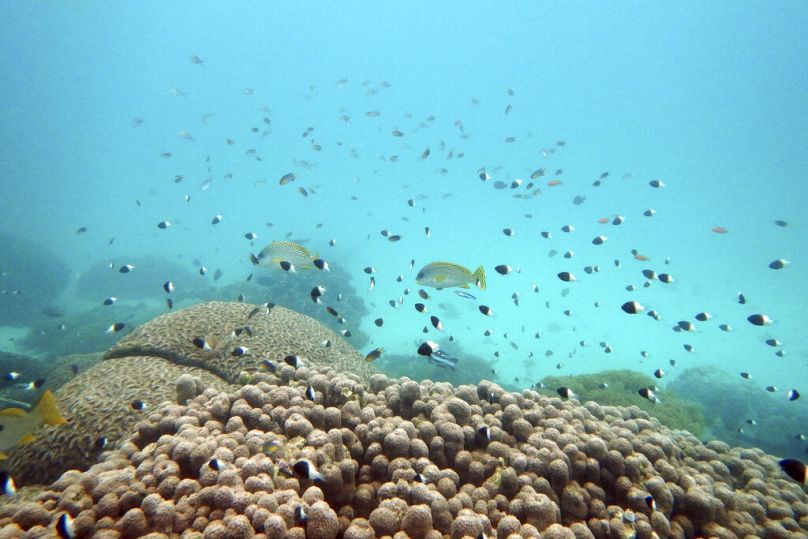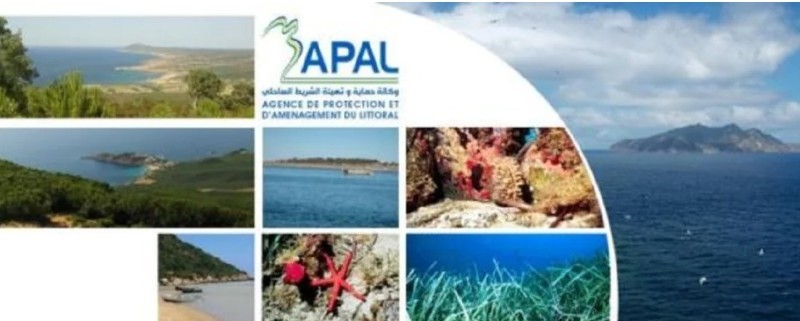Around 1 per cent of the ocean beyond countries’ maritime borders is currently protected.
Chile and Palau have become the first two countries to ratify a landmark UN treaty for the protection of the high seas.
On Monday, Palau became the first nation to officially approve and sanction the UN High Seas Treaty at the UN headquarters in New York.
Rebecca Hubbard, director of the High Seas Alliance, hopes that Palau “inspires other countries to redouble their efforts to ratify the Treaty without delay so that it can enter force as soon as possible”.
The Chilean Senate also voted unanimously in favour of ratifying the historic conservation agreement on 17 January.
Estefanía González, deputy campaign director at Greenpeace Andino – which handles operations in Argentina, Colombia and Chile – called it an “achievement for the thousands of Chileans who called for the protection of oceans.”
Once it is published in the government’s official journal, Chile will also become one of the 60 countries needed to ratify the treaty by the 2025 UN Ocean Conference in Nice, France to keep ocean protection goals in sight.
“All governments have agreed to protect 30 per cent of the oceans by 2030,” says Dr Laura Meller, campaign lead at Greenpeace Protect the Oceans.
“To reach this target, the UN Ocean Treaty must be ratified before the UN Ocean Conference in 2025.”

What are the high seas and why do they need protection?
The high seas are the ocean beyond countries’ maritime borders. It covers half of the planet, helping to regulate our climate and supporting a wealth of biodiversity. Despite this, a lack of governance has left the high seas increasingly vulnerable to overexploitation.
Though more than a dozen international organisations regulate the world’s oceans, they don’t have oversight of seas far from countries’ shores. Only around 1 per cent of these waters are protected and threats from commercial operations like deep-sea mining, overfishing and pollution are growing.
The UN’s High Seas Treaty was adopted last year after almost 20 years of negotiations. More than 80 countries have so far signed it but need to ratify it to be bound by it.
The treaty would become the world’s first international law to mandate the conservation and management of marine life in areas beyond countries’ national jurisdictions. Ocean experts say it would enable high seas marine protected areas to be established and regulate potentially harmful human activity in unregulated areas.




